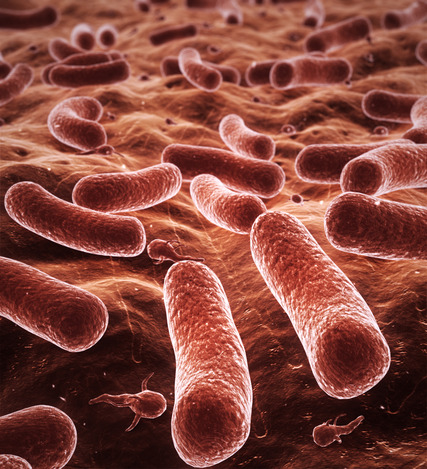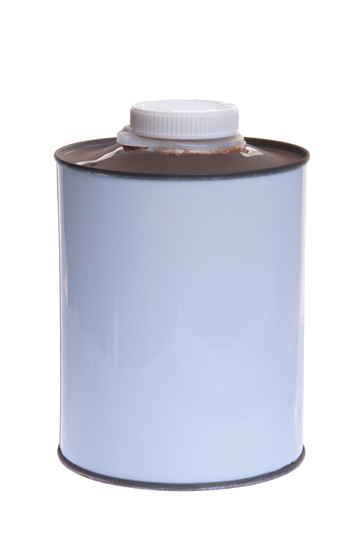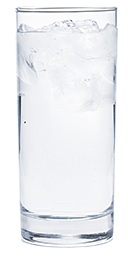Residential Water Testing

At the age of environmental awareness, many people are concerned about the quality of water they and their families are drinking. If you want to have peace of mind when it comes to drinking water quality, we can help you get there! Fountain Valley Analytical Laboratory provides water sampling, testing and analysis for private well or spring owners, as well as residential pools. We make water testing easy for you—just give us a call and we’ll take care of everything.
How Often Should I Test?
The EPA recommends testing your private water supply annually. However, test right away if there is a change in the taste, color or odor of the water. If you have an older well or spring, consider examining the water more frequently.
Main Health Concerns for Homeowners
If you own a private well, there are a few health concerns related to water you should worry about. Some contaminants may be naturally occurring and some geographical areas are more affected than others. However, human activities, such as agriculture, farming, recreation, etc. may also lead to groundwater contamination.


Coliform Bacteria
High levels of coliform bacteria, especially fecal coliforms such as E. coli, may indicate that your well is contaminated with other potentially dangerous bacteria and your water is not safe to drink.
Nitrates
Water with high nitrate content is dangerous for infants who may develop Methamoglobinemia or “blue baby syndrome.” Nitrates are naturally occurring chemicals, but when agricultural runoff enters groundwater, the nitrate content may increase dramatically.
Lead
In older homes built prior to the EPA’s lead ban of 1986, lead may be a concern because it sometimes leaches from solder joints.
Volatile Organic Compounds (VOC)
VOCs are a group of easily evaporated chemicals comprised mainly of hydrocarbons and chlorinated hydrocarbons. Among them are fuel components, oxygenates, solvents, paint thinners, metal cleaners, degreasers, propellants, etc. Spills of industrial chemicals, leaking fuel tanks and runoff from landfills may cause groundwater contamination from VOC.
Examples of some of the VOCs are the oxygenate (fuel additive) MTBE, the components of gasoline and the solvent Trichloroethene. There are a number of sites throughout Maryland and the rest of the country that have contaminated groundwater from these pollutants. They are normally removed by the use of Granular Activated Carbon (or GAC). If you detect a chemical or petroleum odor, or have a drinking water well in the vicinity of a fuel spill, have your water checked for VOC.
Pesticides
Pesticides and Herbicides are industrial and agricultural chemicals used to eradicate insects, pests and weeds. Pesticide and herbicide residues sometimes find their way into groundwater in rural, agricultural areas. Water from wells located near areas of pesticide and/or herbicide use (or known spills) should be monitored.
Atrazine and Simazine are two commonly used herbicides; examples of pesticides are Chlordane, Lindane and Methoxychlor that are used in controlling termites and in agriculture. These types of compounds may cause liver or nervous system problems; increased risk of cancer and/or reproductive difficulties. If you live near an orchard, farm, gas station or a golf course, you may want to check for pesticide and herbicide residue.

How to Get Your Water Tested
At a minimum, the EPA recommends testing your well water for total coliforms, E. coli, Nitrate-N, turbidity and pH. This group of tests is called a potability profile and gives an indication of basic water quality. FVAL has several Water Analysis Health Profiles, as well as Mineral Profiles, to determine the quality of a residential well or a preliminary test to determine the need for water treatment. The location of your home and the area around your well can help determine whether any additional tests are needed. If you want us to collect a water sample for you, give us a call or contact us online to schedule an appointment. Or you could collect your own water sample and drop it off at our lab—go here for instructions.
Fountain Valley Analytical Lab also offers routine water testing if you are interested in keeping track of your water quality to make sure your water is always safe to drink.

 410.848.1014
410.848.1014

